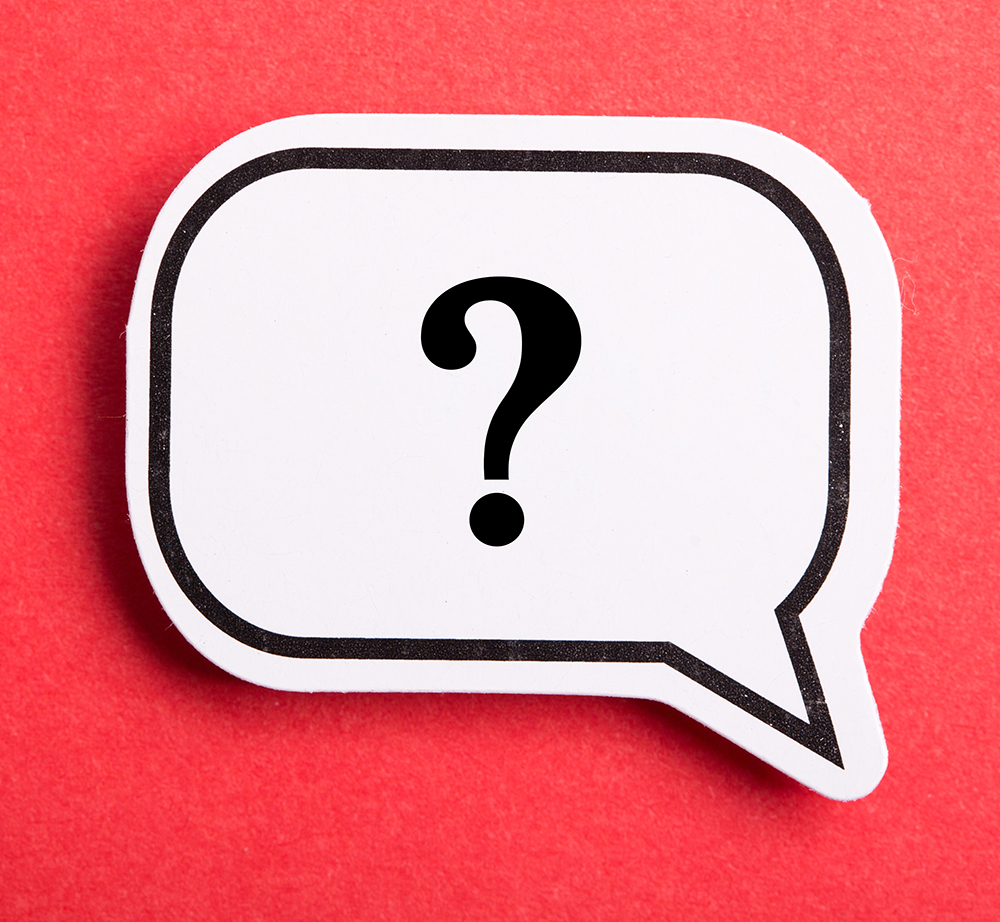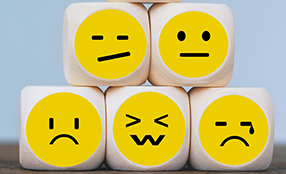Learn About the Importance of Mental Health in Everyone's Overall Health
What is Mental Health?
 Mental health includes our emotional, psychological and social well-being. It affects how we think, feel and act. It also helps determine how we handle stress, relate to others and make choices. Mental health is important at every stage of life. Mental health is essential to everyone’s overall health and well-being.
Mental health includes our emotional, psychological and social well-being. It affects how we think, feel and act. It also helps determine how we handle stress, relate to others and make choices. Mental health is important at every stage of life. Mental health is essential to everyone’s overall health and well-being.
If you experience mental health problems, your thinking, mood and behavior could be affected. Many factors contribute to mental health problems, including:
- Biological factors such as genes or brain chemistry
- Life experiences such as trauma or abuse
- Family history of mental health problems
Top Three Mental Health Facts
- 18% of U.S. adults experience mental illness.
- Nearly 1 in 5 American adults will have a diagnosable mental health condition in any given year.
- 46% of Americans will meet the criteria for a diagnosable mental health condition sometime in their life and half of those people will develop conditions by age 14.
What is Mental Health Month?
Mental Health Month (May) raises awareness of trauma and the impact it can have on the physical, emotional and mental well-being of children, families and communities. Mental Health Month was established in 1949 to increase awareness of the importance of mental health and wellness in Americans' lives, and celebrate recovery from mental illness.
The Impact of a Global Pandemic
 The past year forced many to accept tough situations they had little to no control over. If you found it impacted your mental health, you aren’t alone.
The past year forced many to accept tough situations they had little to no control over. If you found it impacted your mental health, you aren’t alone.
Now, more than ever, we need to combat the stigma surrounding mental health that commonly prevents individuals from seeking help. Seeking professional help when self-help efforts aren’t working is a sign of strength not weakness.
This past year presented many different challenges and obstacles that tested our strength and resiliency. The global pandemic forced us to cope with situations we never even imagined. Many of us struggled with our mental health as a result. The good news is there are tools and resources available to support individuals' well-being.
During May, Valeo is focusing on what you can do to prioritize your mental health, build resiliency and continue to cope with the obstacles of COVID-19. This can help you process the events and your feelings of the past year, while also building skills and supports that extend far beyond COVID-19.
Getting Help
Working on your mental health and finding tools that help you thrive takes time. Recovery is a unique and personal journey that requires trial and error to determine what works best for you. Change won’t happen overnight. By focusing on small changes you can move through stressors and develop long-term strategies to support yourself on an ongoing basis.
Valeo Behavioral Health Care reminds you that mental illnesses are real and recovery is possible. Developing your skills and tools will help you find balance between life’s ups and downs. This will help you continue to cope with the challenges brought on by the pandemic and other life events. If you or someone you know is struggling with mental health, alcohol use or substance use disorder, we can help.
- Valeo 24-Hour Crisis Line: 785-234-3300
- Valeo Crisis Center, 400 SW Oakley Avenue
- Valeo Behavioral Health Care, 330 SW Oakley Ave, call us 785-233-1730 to make an appointment
- For more information about Valeo the services we offer, please visit our website valeotopeka.org.
Sources:
- Youth.gov
- Substance Abuse and Mental Health Services Administration (SAMHSA)
- Lifetime prevalence and age-of-onset distributions of DSM-IV disorders in the National Comorbidity Survey Replication
- MentalHealth.gov
- Mental Health America Tools 2 Thrive Kit
Article written by Michaela Butterworth, Health Promotion Specialist, Valeo Behavioral Health Care












